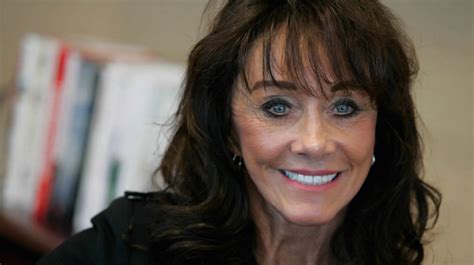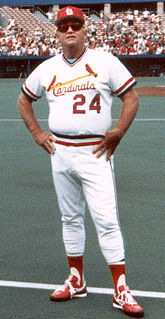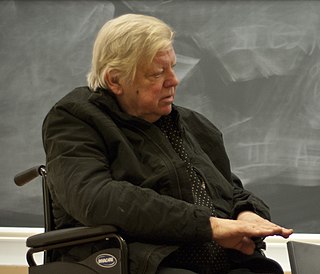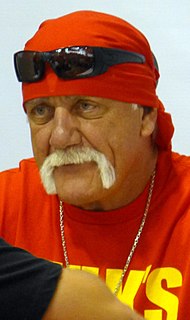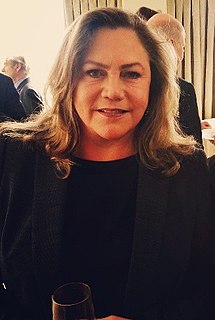A Quote by Grace Lee Boggs
When I came to Detroit, if you threw a stone up in the air and it came down, it would hit an autoworker because the Chrysler Jefferson plant where my husband worked was very close also to where we lived.
Related Quotes
When I came to Detroit, if you threw a stone up in the air it would hit an autoworker on its way down. A few years after that, if you threw a stone in the air it'd hit an abandoned house or a vacant lot on its way down. And most people saw those vacant lots as blight. But meanwhile during World War II, blacks had moved from the South to the North. And they saw these vacant lots as places where you could grow food for the community. And so urban agriculture was born.
Down at Bournemouth, I kicked a tray of cups up into air, and one hit Luther Blissett on the head. He flicked it on, and it went all over my suit hanging behind. Another time, at West Ham, I also threw a plate of sandwiches at Don Hutchison. He's sitting there, still arguing with me, with cheese and tomato running down his face.
One time in spring training, we had the hit-and-run on, and Carl Erskine threw me a curve and I struck out into a double play. I came back to the bench and Casey [Stengel] said, 'next time, tra-la-la.' I didn't know what tra-la-la meant, but next time up, I hit a line drive, right into a double play. When I sat down, Casey came over and said, 'Like I told you, tra-la-la.'
The first 10 years of my life, I lived as 'Matangi.' When I came to England in '86, my first week of school was terrible because I would put my hand up to answer things, and no one would choose me because they couldn't say my name. My auntie came from Europe to visit us, and she was like, 'Just call yourself something else.'
I can't honestly say where the inspiration for my work came from. I think it came from reading. It came from texts, from Nietzsche, Schopenhauer, it came from, you know, Jean-Paul Sartre. These are the ideas that got me worked up and inspired. It wasn't so much the visual things that inspired me. Although, of course, there were plenty of painters in history that I admired all the way from Brueghel to Goya, to Picasso - because everything visual stimulates me.
There's a lot of gimmick infringement out there, but that's cool. It's a compliment. But it all started right when I first came into the Garden. I came down to Eye of the Tiger and when I hit the ring with the Sheik, I just put my hand up to my ear by accident, and the crowd got louder. I was like "Oh, that works."


